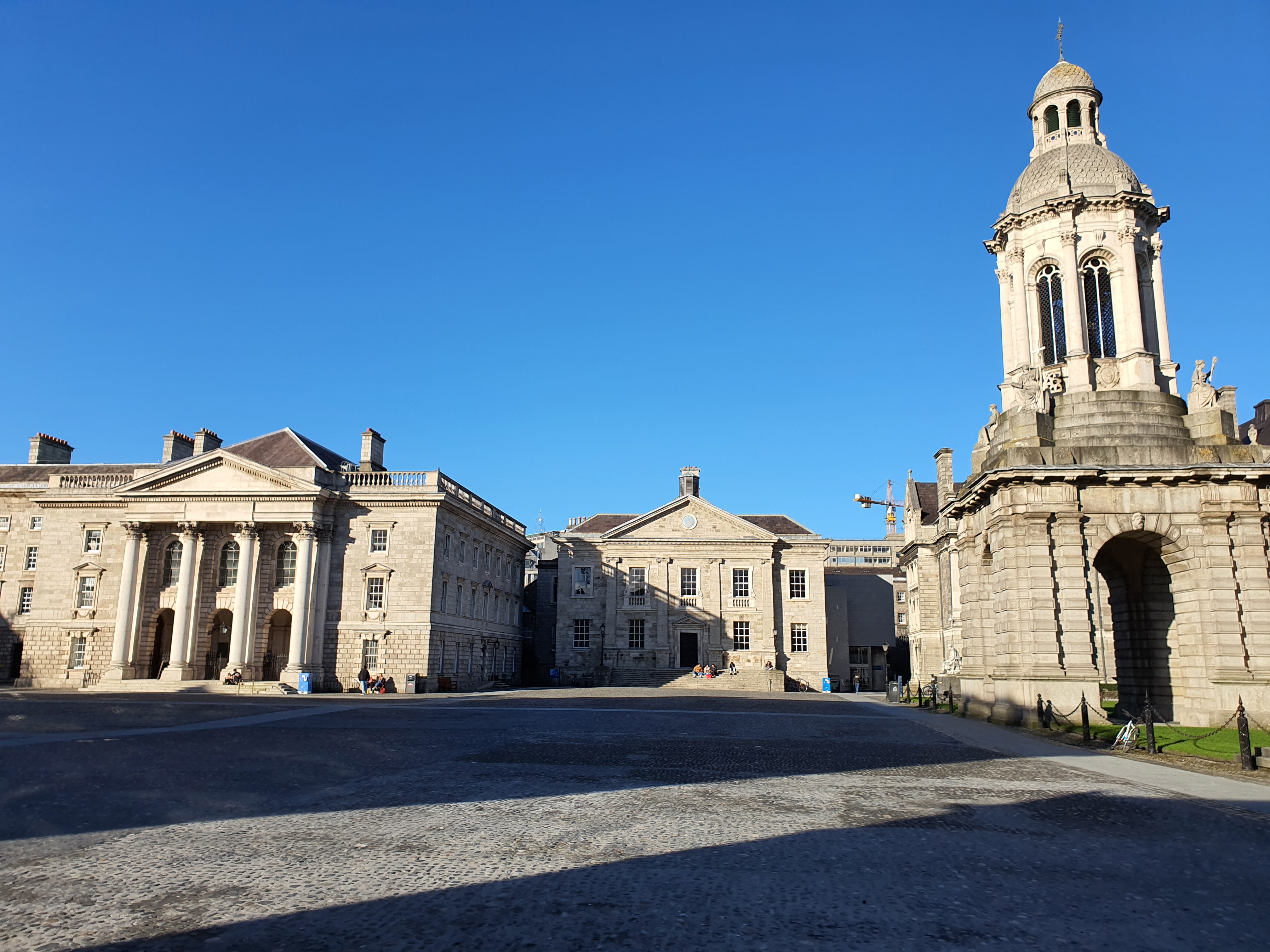Trinity’s debt has increased by nearly €80m, or approximately 40%, in the past two years, according to documents released to Trinity News under the Freedom of Information Act.
Trinity’s total debt stood at €203.8m at the end of the 2018 financial year, but had risen to €283.8m by the end of 2020. The majority of this debt increase, approximately €62.6m, occurred between 2018 and 2019.
The liabilities are divided into five distinct loans, each relating to various College buildings and properties. The largest loan of €70.7m (at the end of 2020), pertains to Trinity Biomedical Sciences Institute (TBSI), Trinity Business School, and the Printing House Square development. This loan decreased by €4.35m during the 2018-20 period, due to “capital repayments” over the course of the two years.
An additional €57m outstanding loan in 2020 was accredited to Trinity Hall, down from €58.5m in 2018, also due to repayments. The document did not say when this loan was taken out.
All loans are recommended by Trinity’s Finance Committee and authorised by the College Board, “in line with the five year strategic planning of Trinity”, according to a spokesperson for College.
There were no repayments made on third loan, which stands at €70.3m. The purpose of this loan is “Trinity Business School, Trinity Mobility, IPH”, according to the documents.
Trinity also took out two new loan contracts in 2019. The first, for €25.1m, is to go to “MV Upgrade, Arts Block, Old Library, [E3 Learning Foundry]”.
A second loan was taken out for €39.1m in 2019, before being increased to €60.7m in 2020. This was attributed to TBSI, the E3 Learning Foundry, and the E3 Research Institute.
A separate FOI release, published by campaign group Students4Change last August, showed that Trinity’s Endowment Fund had a total value of €222.8m at the end of 2020. This included €148.2m of equity investments, €39.7m of property investments, €16.3m of infrastructure investments, and €16.5m in cash deposited with Barclays and KBC banks.
According to publicly available financial statements, Trinity’s total income—from sources including the state, tuition fees, research grants, investment interest, and donations—came to €389m in the 2020 financial year.
Total operating expenses for the same period came to €381m, with staff costs making up €280m of that figure. After financial adjustments such as depreciation and amortisation, as well as interest on loans, Trinity’s total deficit for 2020 was €25.6m. Comparatively, College ran a slight surplus of €5.7m and €900,000 in 2019 and 2018 respectively.
Trinity’s fixed assets, such as the property on which campus is located and various College buildings, were valued at just under €1.1bn at the end of September 2020.
Additional reporting by Jack Kennedy.






